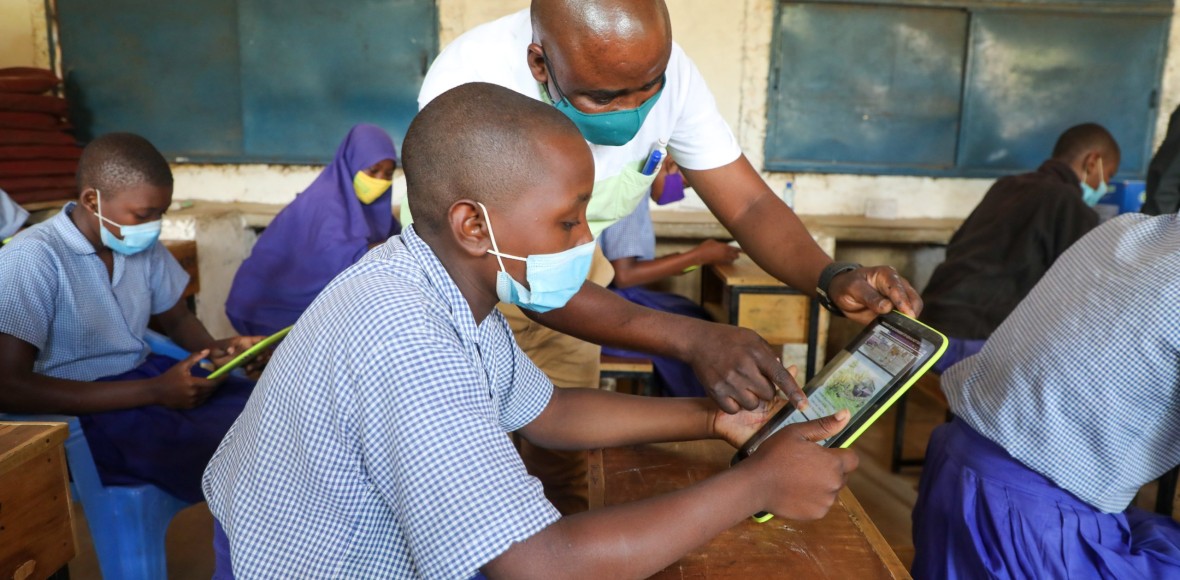
Working Party on Education Reforms [PWPER] has recommended a raft of measures that will see a reform in the education sector in a report presented to President William Ruto yesterday.
The report was handed over to the president yesterday at the State House where primary schools were recommended to be referred as comprehensive schools.
The task force recommended that primary schools be managed by one principal and assisted by three deputies. Currently, primary schools are headed by one head teacher and one deputy.
They recommend that funding be done in four ways contrary to earlier systems of funding in which funding come from the government. It recommends that, learners from well-off families to paying fees, enhanced government capitation, an annual essential package (A flat rate package varying for different school levels), and sponsorship and private-public partnerships.
Further, it recommends that primary school funding be reviewed after every three years, the funding review was last done in 2003.
On teachers, it recommended that teachers should be increased to 390,000 by 2024 from the current 223,296.
If implemented, comprehensive schools will host three levels of school including pre-primary, primary, and junior secondary school.
Further, it recommends that instead of sit-in exams, ICT systems be installed to enable virtual assessment in schools.
Additionally, it proposes that the digital literacy program should be revived in the next two years to enable in delivery of CBC deliverables. The program was introduced in 2019 although it seems that it has flopped.
Developmental infrastructure, funding will be devolved to the constituencies and funds allocated for the same. This is contrary to the current structure where the Ministry of Education decides the schools to be expanded and those receiving infrastructural development.

Leave a Reply